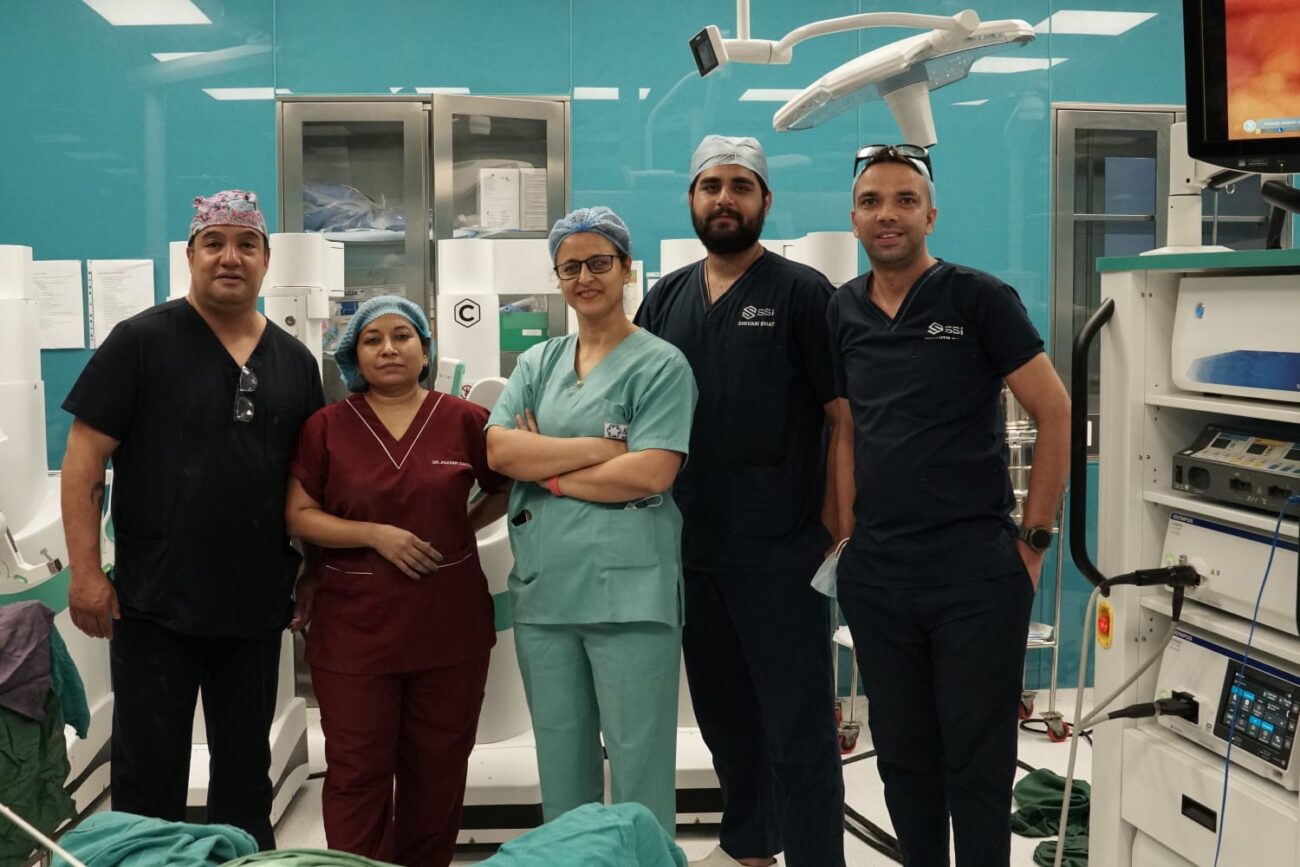Why and When Knee & Hip Replacement is Required. Which is the Most Efficient Technology for Knee & Hip Replacement- Dr Rajeev K Sharma
Ques.1 What are the conditions where a doctor suggests joint replacement like hip replacement & knee replacement? Ans1: Joint replacement surgery is advised to the patients with painful joint conditions, restricted movements or to the patients
Ques.1 What are the conditions where a doctor suggests joint replacement like hip replacement & knee replacement?
Ans1: Joint replacement surgery is advised to the patients with painful joint conditions, restricted movements or to the patients with deformity of joints causing difficult ambulation.
Ques.2. What are the latest techniques available in total joint replacement at your hospital?
Ans2: Over years, joint surgery has evolved in such a manner that they can replicate normal knee/hip movements post-surgery. Good surgical techniques, complete pain control and best joint implants result in near normal functional outcome that is equivalent to the natural biomechanics of a hip or knee.
Here, there will be key factors determining success of a modern day joint replacement surgery:
- Patient specific custom prosthesis
- Kinematic aligned surgery allowing the replaced joint to mimic biomechanics of the natural joint
- State of the art operation theatres with latest anaesthesia techniques
- Advanced painless modalities for rapid recovery
- Minimum pain Surgery- A modern day technique where surgeons use multi-modal pain relief protocol and a minimal invasive surgery technique with best implants, to get enhanced recovery with minimum pain post-surgery
These techniques and an experienced team of surgeons ensure shorter stays at the hospital and post-surgery the patients get back to normal movement by up to 90%, within 10 days.
Ques.3. Which side do you examine the knee from to comment on the flexion deformity and why?
Ans3: Flexion deformity in an adult is a condition where the person is unable to straighten or extend their knee. It usually happens when there is insufficient physical therapy to provide active and passive mobilization of the affected joint. In most cases flexion contracture happens bilaterally. Such a flexion deformity of the knee, needs to be examined from the lateral side as it is sagittal plane deformity.
Ques.4. Acetabular Dysplasia in middle aged patients; periacetabular osteotomy or total hip Arthroplasty?
Ans4: In case of no/minimal arthritic changes in the hip, then acetabular. Painfull arthritic dysplastic acetabulum warrants THR
Ques. 5. Approximately how many Knee replacement surgeries are performed annually in India?
Ans5: Unlike west, there is no centralized national register for the same, hence it cannot be evaluated.



